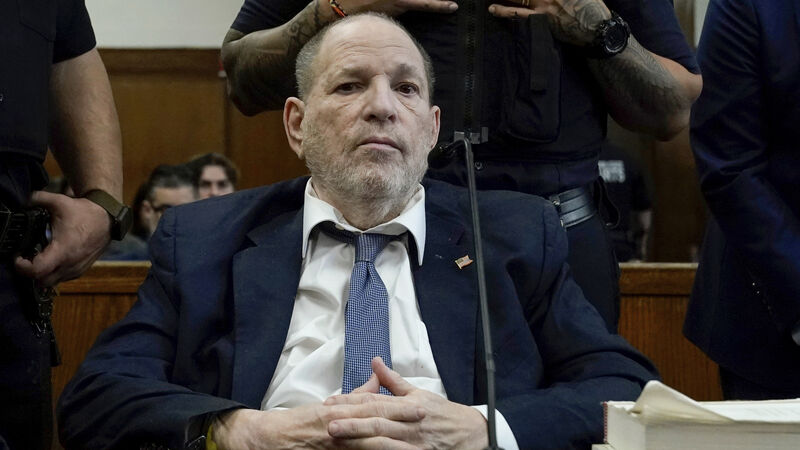Ailing Harvey Weinstein begs for earlier retrial after judge sets April 15 date

Harvey Weinstein begged a judge on Wednesday to hold his sexual assault retrial as soon as possible, telling him “I don’t know how much longer I can hold on” with cancer, heart issues and harsh conditions at New York City’s Rikers Island jail complex.
The disgraced movie mogul objected after Judge Curtis Farber said the retrial would start on April 15, imploring him to swap with another, unrelated trial the judge has in March.











